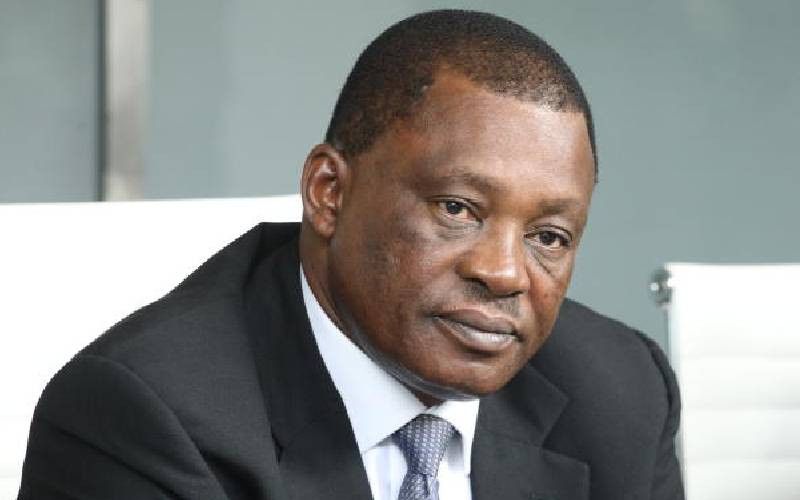×
The Standard e-Paper
Smart Minds Choose Us

Attorney General Justin Muturi has clashed with a human rights body on whether the Assets Recovery Agency (ARA) director should be competitively recruited or simply appointed.
Commission for Human Rights and Justice (CHRJ) argues that the position ought to be advertised.